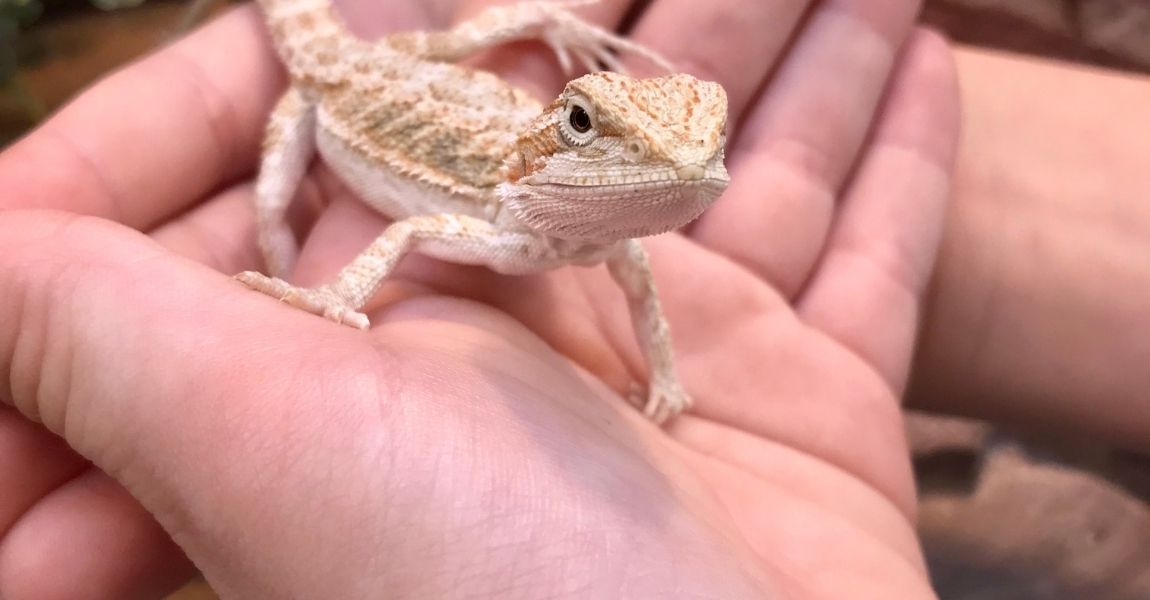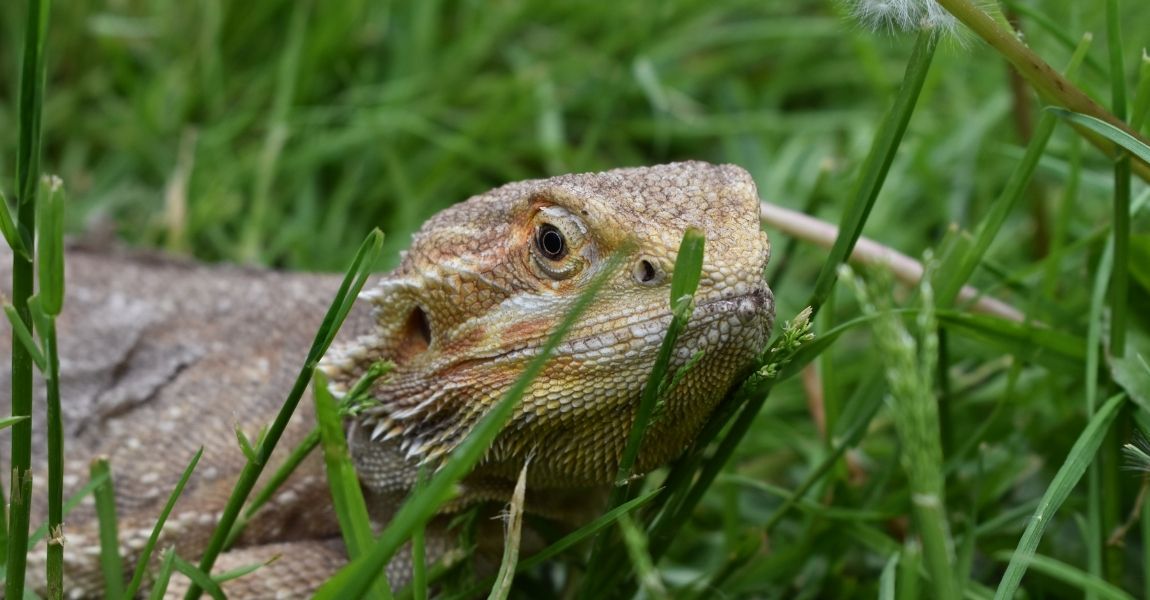Introduction:
Proper nutrition is essential for the health and well-being of your pet bearded dragon. These reptiles have specific dietary requirements that need to be met to ensure optimal growth and overall health. In this article, we will outline a healthy diet plan for your pet bearded dragon, covering the key components and nutritional considerations.
Variety is Key:
Offering a diverse range of foods is crucial for a bearded dragon's diet. Aim to provide a balanced mix of insects, vegetables, and leafy greens to meet their nutritional needs. Variety ensures they receive a wide range of vitamins, minerals, and nutrients essential for their well-being.
Gut-Loaded Insects:
Insects form a significant part of a bearded dragon's diet. Offer a variety of gut-loaded insects such as crickets, dubia roaches, mealworms, and phoenix worms. Gut-loading involves feeding the insects a nutritious diet before feeding them to your dragon, ensuring they are packed with beneficial nutrients.
Leafy Greens and Vegetables:
Include a variety of leafy greens and vegetables in your bearded dragon's diet. Examples include collard greens, mustard greens, dandelion greens, squash, bell peppers, and carrots. These vegetables provide important vitamins and minerals, as well as fiber for proper digestion.
Limited Fruits: Fruits should be offered sparingly as treats due to their higher sugar content. Opt for occasional treats such as berries, melons, or small amounts of mango or papaya. Remember to remove any uneaten fruit to prevent spoilage and attracting pests.
Calcium and Vitamin Supplements:
To ensure proper calcium metabolism and prevent metabolic bone disease, it's important to provide calcium and vitamin D3 supplements. Dust insects and vegetables with a reptile-specific calcium powder at least two to three times a week. Multivitamin supplements can be used sparingly, typically once a week.
Age-Appropriate Feeding:
The feeding requirements of bearded dragons vary based on their age. Younger dragons require a higher protein intake and should be offered insects daily, while adult dragons can have insects every other day or a few times a week. Adjust the feeding schedule accordingly as your dragon grows.
Proper Feeding Techniques:
When feeding insects, ensure they are an appropriate size for your dragon. Avoid feeding insects that are larger than the space between your bearded dragon's eyes to prevent choking or digestive issues. For vegetables and greens, finely chop or shred them into manageable pieces for easy consumption.
Hydration:
While bearded dragons obtain moisture from their food, it's important to provide a shallow dish of fresh water in their enclosure. They may occasionally drink from it or use it for soaking. Replace the water daily to maintain cleanliness and prevent bacterial growth.
Monitoring and Adjustments:
Regularly monitor your bearded dragon's weight, body condition, and overall health. Adjust their diet as necessary to maintain a healthy weight and address any specific dietary needs or concerns. Consult with a reptile-savvy veterinarian if you have any questions or concerns about your dragon's diet.
Avoid Toxic Foods:
Some foods are toxic to bearded dragons and should be strictly avoided. These include avocado, rhubarb, chocolate, caffeine, and any food treated with pesticides or herbicides. Stick to safe and nutritious options to keep your bearded dragon healthy.
Conclusion:
Providing a balanced and nutritious diet is crucial for the well-being of your pet bearded dragon. By offering a variety of gut-loaded insects, leafy greens, and vegetables, while incorporating calcium and vitamin supplements, you can ensure their dietary needs are met. Regular monitoring, proper feeding techniques, and adherence to safe foods will contribute to a healthy and happy bearded dragon companion.





